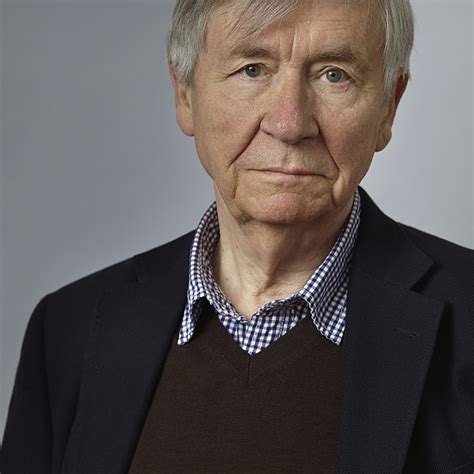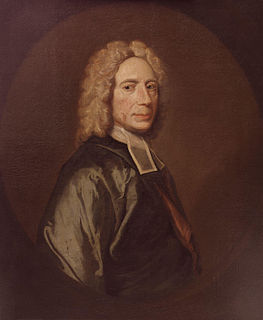A Quote by Peter Greenaway
There is no obligation for the author of a film to believe in, or to sympathise with, the moral behaviour of his characters. Nor is he necessarily to be accredited with the same opinions as his characters. Nor is it necessary or obligatory for him to believe in the tenet of his construction - all of which is a disclaimer to the notion that the author of Drowning by Numbers believes that all men are weak, enfeebled, loutish, boorish and generally inadequate and incompetent as partners for women. But it's a thought.
Related Quotes
Writing is a vocation and, as in any other calling, a writer should develop his talents for the greater glory of God. Novels should be neither homilies nor apologetics: the author's faith, and the grace he has received, will become apparent in his work even if it does not have Catholic characters or a Catholic theme.
The thought of the novelist lies not in the remarks of his characters or even in their introspection but in the plight he has invented for his characters - in the juxtaposition of those characters and in the lifelike ramifications of the ensemble they make: their density, their substantiality, their lived existence actualized in all its nuanced particulars, is in fact his thought metabolized.
A dogmatical spirit inclines a man to be censorious of his neighbors. Every one of his opinions appears to him written, as it were, with sunbeams, and he grows angry that his neighbors do not see it in the same light. He is tempted to disdain his correspondents as men of low and dark understandings because they do not believe what he does.
The fanatical Communist refuses to believe any unfavorable report or evidence about Russia, nor will he be disillusioned by seeing with his own eyes the cruel misery inside the Soviet promised land. It is the true believer's ability to "shut his eyes and stop his ears" to facts that do not deserve to be either seen or heard which is the source of his unequaled fortitude and constancy. He cannot be frightened by danger, nor disheartened by obstacles, nor baffled by contradictions because he denies their existence.






































